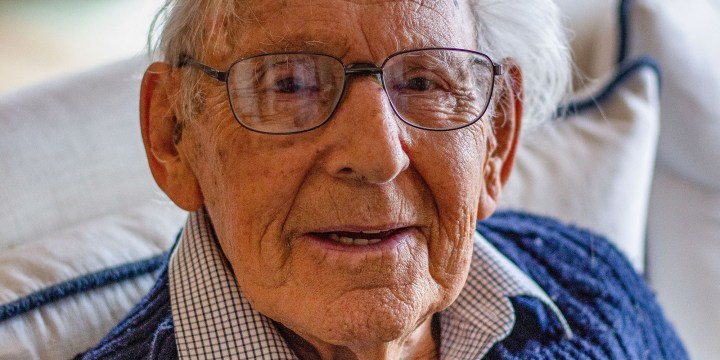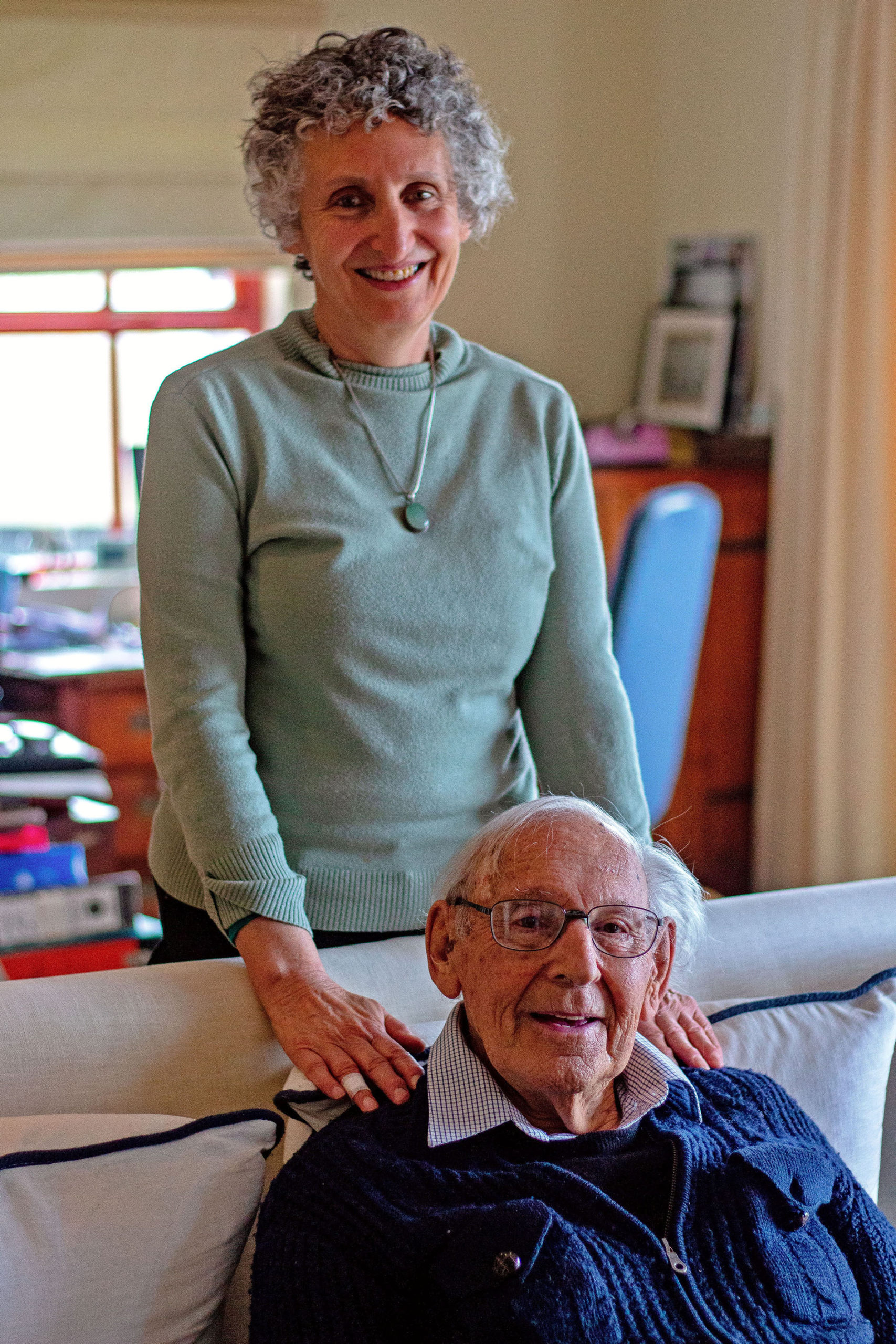TRIBUTE
Norman Levy 1929-2021: A humble man with a great generosity of spirit

Like many people of his generation who were committed to the Struggle, Norman Levy did what he did for a common good and not for himself.
Peta Wolpe is the daughter of anti-apartheid activists Harold and AnnMarie Wolpe, who were good friends of Norman Levy.
Norman Levy was a wonderful, sincere and kind man who I had the privilege of knowing my whole life, right up until the day of his passing on Sunday, 4 July 2021.
In lockdown, I had the pleasure of spending many hours talking and debating with him. What an amazing mind and how stimulating he was, always asking pertinent questions and challenging my ideas. Above all, he had a remarkable memory. We talked about life, books, politics, South Africa in the 1950s, 1960s and today, and we tried to make sense of what had gone wrong.
His memoir, The Final Prize: My Life in the Anti-Apartheid Struggle, is an extraordinary account of the history of the fight against Apartheid. He recounts details that many of us don’t know or have forgotten, details that I believe can assist in our country finding a better path forward.

Norman Levy with Peta Wolpe in Peta’s Cape Town home in 2020. (Photo: Supplied)
We can learn from him and others from that era — from their integrity, their dedication and commitment to a free South Africa. In his memoir, Norman traces significant aspects of South Africa’s Struggle history, highlighting famous and well documented moments and describing his own incarceration.
Norman was an accused in the Treason Trial of 1956-1960 and the Bram Fischer trial of 1964-65. He, along with 11 others, was found guilty and sentenced to three years’ imprisonment in 1965. In his book, he describes being kept in solitary confinement and being tortured under the 90-day detention law. He gives a chilling account of this experience and tells how he never divulged any information that could have been used against others.
During his final months we spoke about this experience. I wanted to know more about it, how it affected him emotionally, how he felt and how he survived it. He told me that he believed he had given a sufficiently personal account in his book. In the preface to the memoir, he explains that the book is both personal and political, illustrating his primary concern to tell a historical and political story through his personal journey, rather than dwelling on what happened to him.
Norman and his twin brother Leon were born in Johannesburg on 8 August 1929, instantly doubling the family brood from two to four children. Both his parents had come to South Africa from Lithuania. His father died when he was just six and the four children were brought up by their mother. His mother often talked about the pogroms and poverty she endured in Lithuania, and this impacted on Norman’s beliefs.
He was brought up with a deep sense of what is right and wrong and was keenly aware of the plight of the poor. Both his parents supported socialism and this influenced the person he became.
Norman went to Yeoville Boys’ Primary School and then Athlone High School in Johannesburg, along with my late father, Harold Wolpe, and George Bizos.
He said he fell into politics at the age of 14 while out cycling one day. On this occasion he came across a meeting at the side of the road where Hilda Watts (Bernstein) was speaking. In February 1944, he attended his first Young Communist League meeting where he met Ruth First, Paul Joseph, Joe Slovo and Ahmed Kathrada, among others. And thus his journey of activism was sprung.
He later joined the South African Communist Party. His first marriage to Philippa Murrell ended in 1974. They had three children, Deborah, Simon and Jessica. He married Carole Silver in 1991 and they remained together until her death in 2015.
Norman started his career as a school teacher and in exile worked as an academic. He lectured in history at Middlesex Polytechnic (now Middlesex University) for many years until his return to South Africa in 1991.
Back home, he continued to be dedicated to the new South Africa through his academic work, including being part of a team involved in designing affirmative action frameworks and creating programmes for interns to work in government. His last position was at the School of Government at the University of the Western Cape.
I remember him coming to our home in London and regularly setting off with my father to ANC meetings. I remember one day they came back early, even though two hours had elapsed. They were talking and debating so much in the car they got lost and never made it to the meeting.
I remember going to the ANC annual bazaar in London and seeing Norman among the many anti-apartheid activists. I remember many happy meals with Norman at my mother’s house back here in South Africa.
Norman, like many other people of his generation who were committed to the Struggle, was doing what he did for a common good and not for himself. They didn’t dwell on the impact their decisions had on their lives or the lives of their families. This is something that is notably missing in historical narratives.
He was feisty, with a wonderful laugh — a humble man with a generosity of spirit. He will be missed greatly. DM

















 Become an Insider
Become an Insider
Thank you for such a wonderful tribute to a great South African.